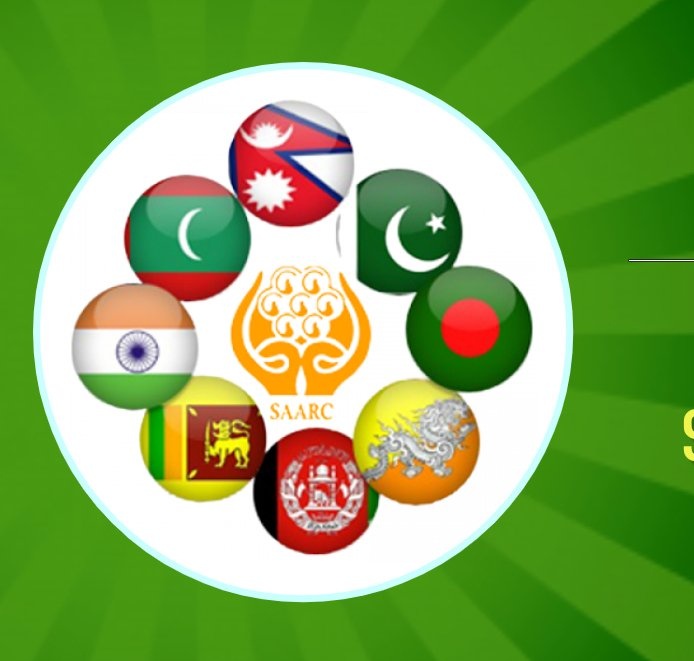SAARC officials discuss impact of COVID-19
Kathmandu, April 9
As follow up action of the announcement made by the Indian Prime Minister Narendra Modi at the video conference of SAARC leaders on March 15, a video conference of senior trade officials of SAARC countries was held on Wednesday to discuss the impact of travel restrictions and the larger COVID-19 situation on intra-regional trade.
Demonstrating keen shared interest and a problem-solving approach in the present challenging circumstances, all countries contributed actively to the discussions on a wide-ranging trade related agenda. “It was recognised in the conference that the COV- ID-19 pandemic is likely to have a considerable adverse impact on trade in the SAARC region. In order for the countries to deal with the situation, it was stressed that new ways and means be jointly identified to sustain and expand the intra-regional trade until the normal trade channels are fully restored,” reads the press statement issued by the Ministry of External Affairs, India.
The imperative need to maintain essential trade within SAARC region was viewed as an important thrust area for favourable consideration.
Some specific issues addressed at the video conference included facilitation of trade through pragmatic solutions such as provisional clearance of imports at preferential duty with suitable conditions, provisional acceptance of digitally signed certificates of origin, acceptance of scanned copies of documents for clearance of imports by customs and release of payments by banks, resolving issues being faced for exports/ imports at land customs stations on land border.
Impact of health issues such as COVID-19 on regional trade and possible measures to mitigate it was seen as a new focus area for discussion in the larger framework of trade facilitation in the SAARC region.
The need to enhance the quantum of intra SAARC trade was also highlighted.
Following a comprehensive discussion, all participating countries proposed to remain in close and regular touch through a designated focal point in each country. The Indian side offered to coordinate this exercise, which would also enable further interaction on ideas and proposed actions aimed at early restoration of normal trade in the region after the movement restrictions resulting from the COVID-19 crisis are lifted.
A version of this article appears in e-paper on April 10, 2020 of The Himalayan Times.






